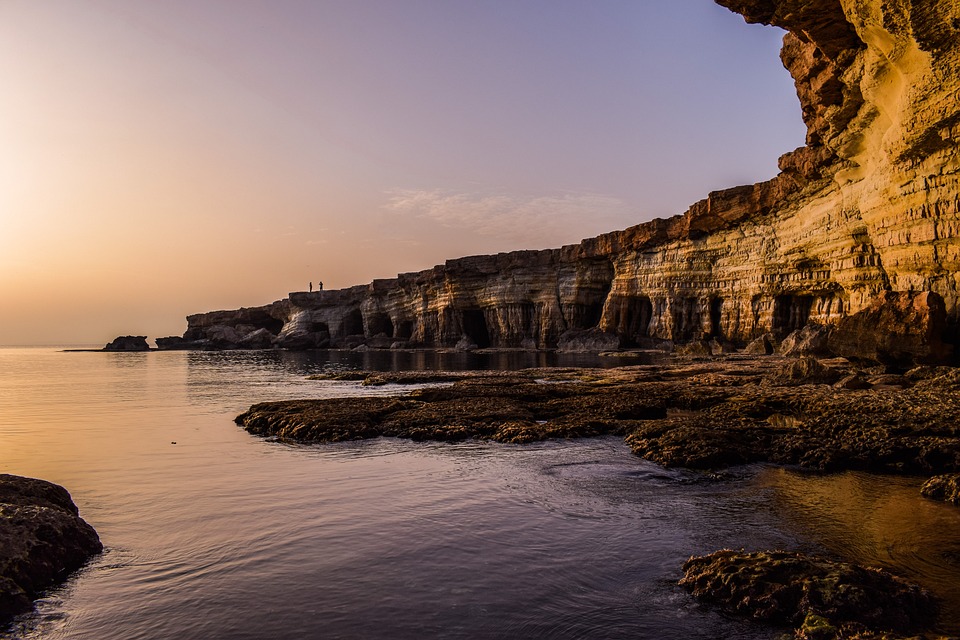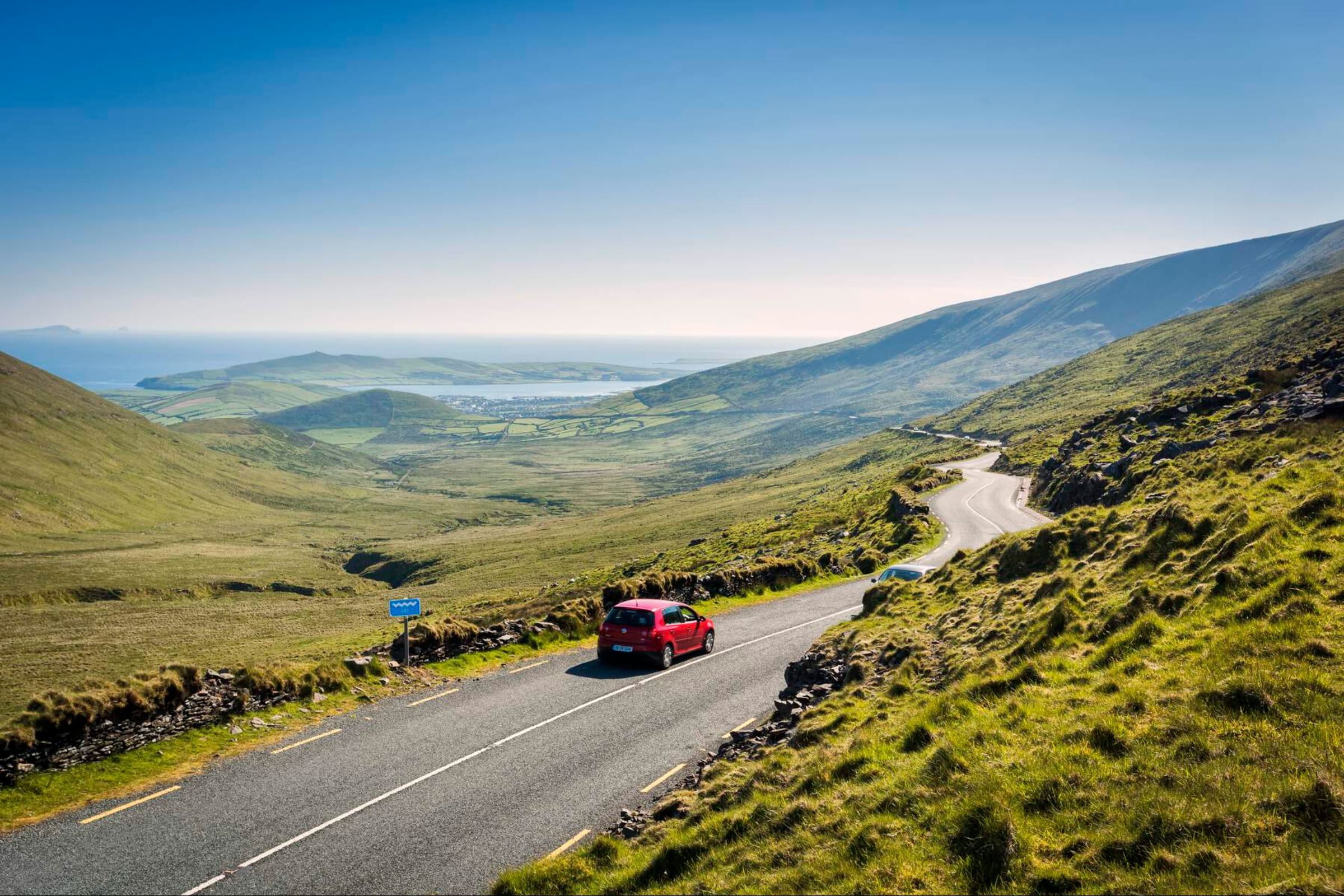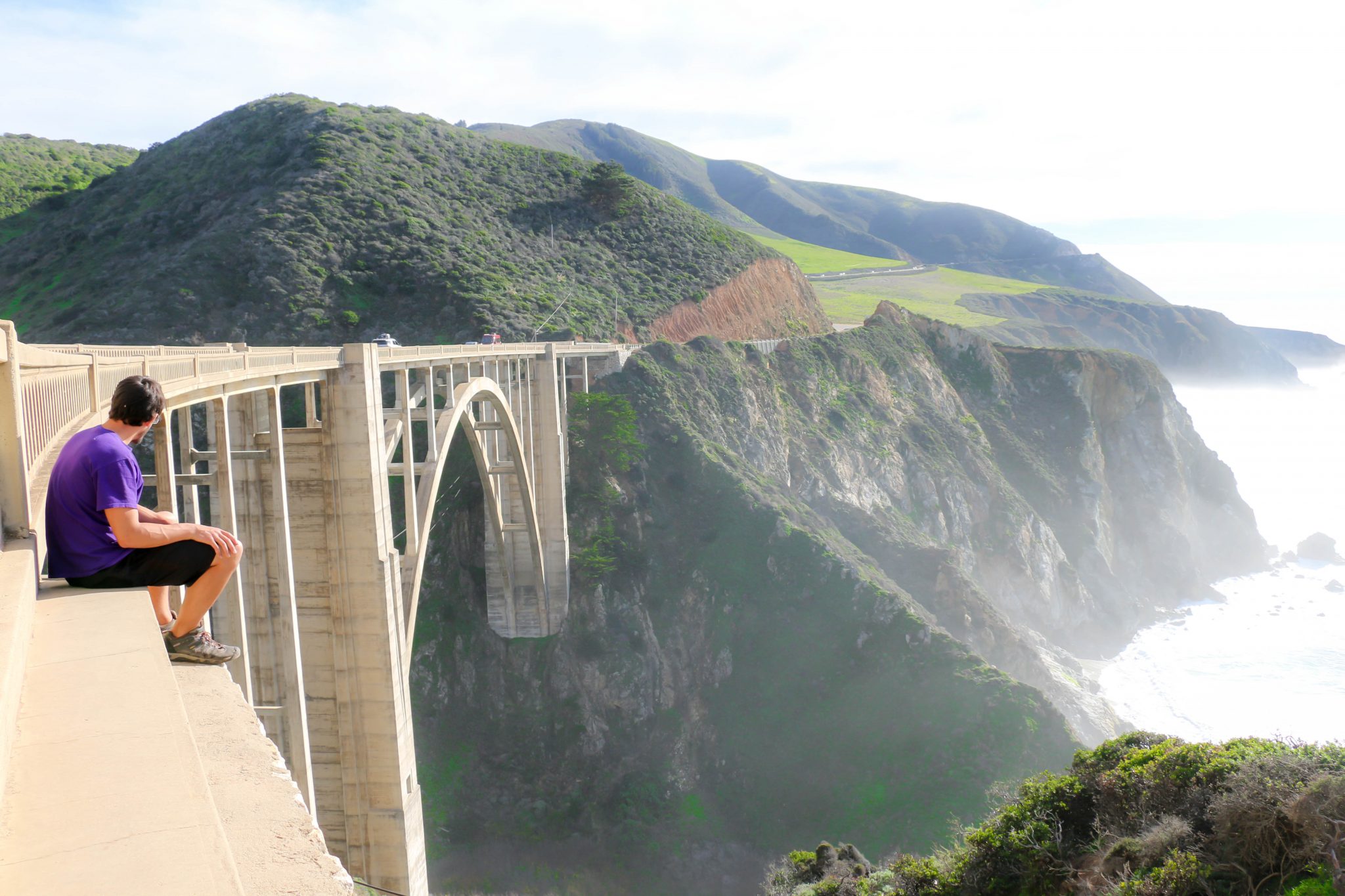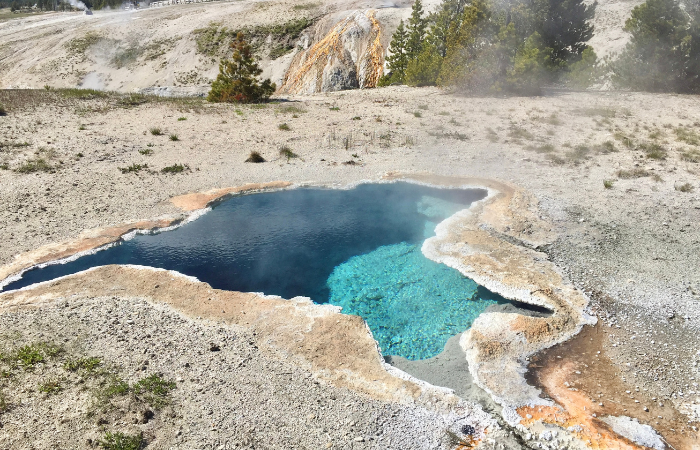Decision to Cull Elephants in South Africa Has Repercussions in the Tourist Industry

In a highly controversial move, the South African government has decided to reintroduce culling into its wildlife conservation programme. The practice of culling large herds of elephants was abandoned in 1994, after much pressure from local and international wildlife organisations. Authorities now claim that the population of elephants in the Kruger National Park has grown so much that the Park is unable to support them, and that the elephants are doing a great deal of damage to its fragile ecosystems.
Not surprisingly, this decision has raised the ire of animal welfare organisations across the world. Lawrence Anthony, founder of the Earth Organisation, says that culling is not the “last option” as authorities are claiming. He says that the decision to cull is based on emotion, and that credible science demonstrates that not only is culling unnecessary, but it is also ineffective.
Professor John Skinner, former head of the Mammal Research Institute at Pretoria University refutes the allegation that the elephants are destroying the ecosystem in the Park. According to Skinner and other prominent scientists, there is no scientific evidence which proves that elephants have a lasting negative effect on other animals or plants. It has also been proved that culling does not reduce numbers, but results in a population explosion as the remaining elephants step up their breeding to compensate for losses.
Jason Beel-Leask, Director for the International Fund for Animal Welfare’s (IFAW) Southern Africa, says that not enough consideration has been given to natural means of population control. Bell-Leask believes that the creation of “megaparks”, which cross boundaries between countries, would allow large herds to traverse a larger area, and would restore the natural balance between elephants and their environment. Bell-Leask’s other proposals include contraception, which has proven to be effective, as well as translocation.
Born Free, an internationally recognised animal rights group, believes that the only obstacle to implementing a large-scale contraceptive programme is cost. It costs around £50 (R755) to treat an elephant cow. Born Free estimates that the costs of implementing a contraception programme would run between £180,000 and £225,000 (R2.7 and R3.4 million). They claim that South Africa’s current economy is more than capable of meeting these costs, should those in authority approve it.
Animal rights groups believe that financial rather than reasons underlie the decision to implement culling. They claim that South Africa will try to benefit from the culling by negotiating with the Convention on International Trade in Endangered Species to sell ivory collected from the slaughtered elephants.
Whatever the reasons behind the decision, scientists and animal welfare groups agree that culling will adversely affect the South African tourism industry. They say that the decision has already impacted on South Africa’s reputation as a leader in wildlife conservation. Many organisations have even called for a boycott on tourism in South Africa. The option for culling was opened on the 1st of May 2008. No action has been taken yet, but one gets the feeling that the next few months will play a big role in determining South Africa’s position among environmental and wildlife devotees worldwide.







